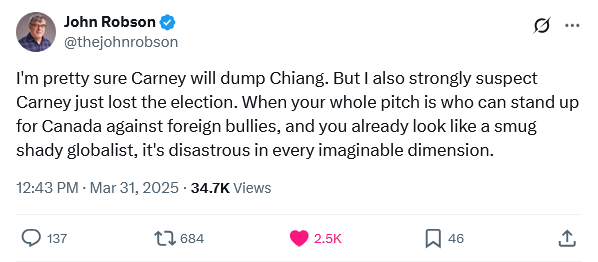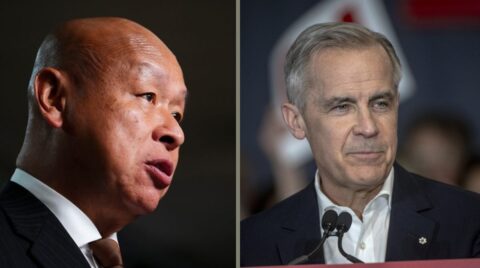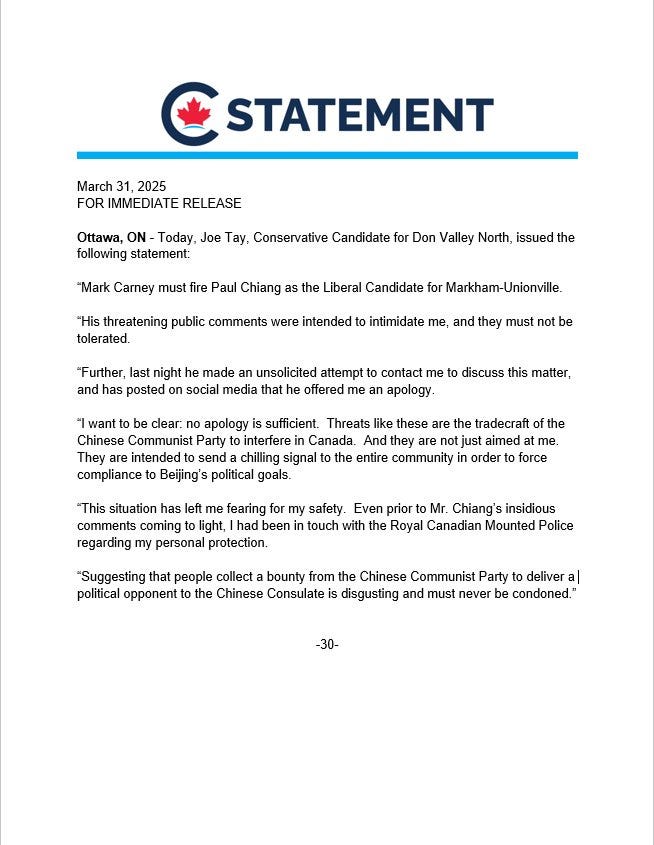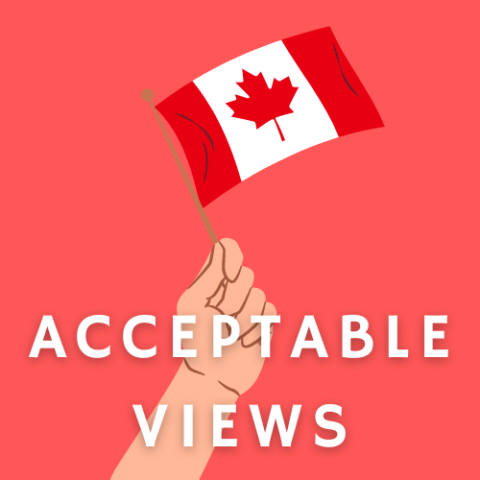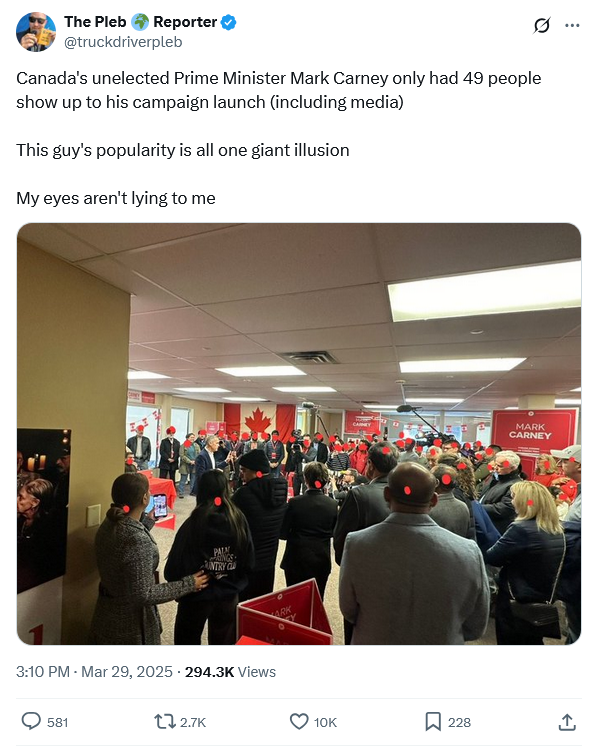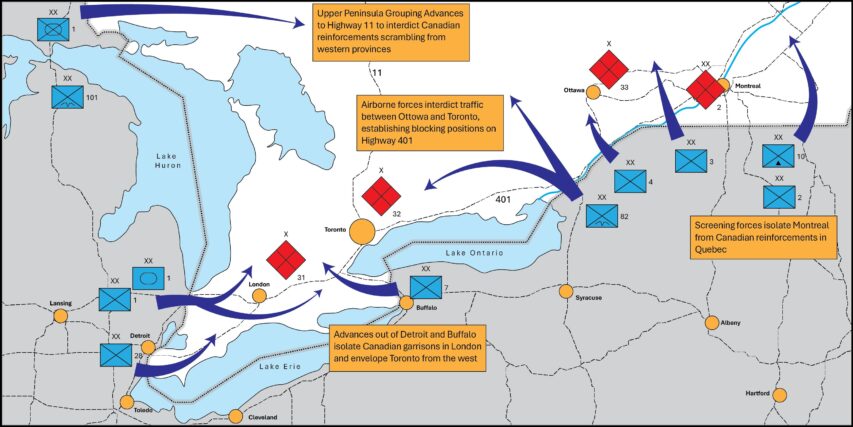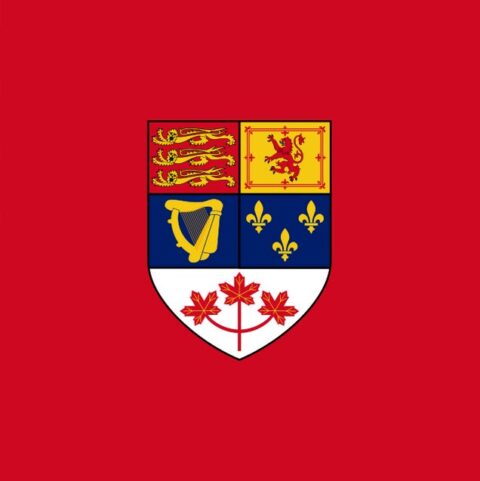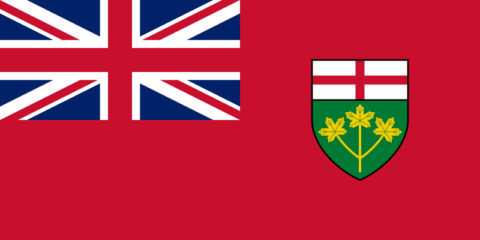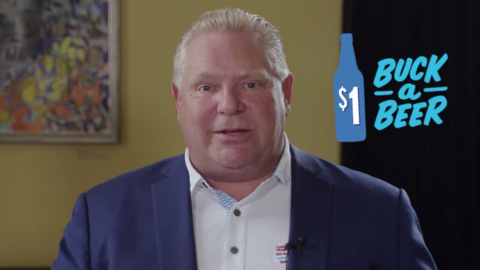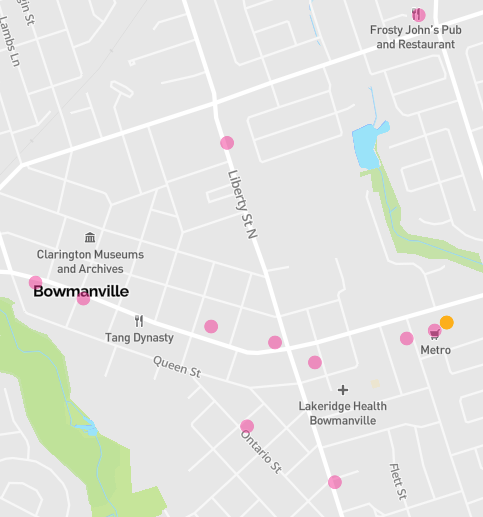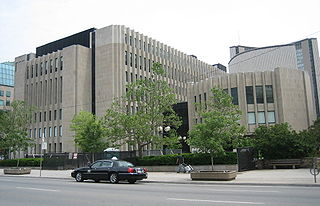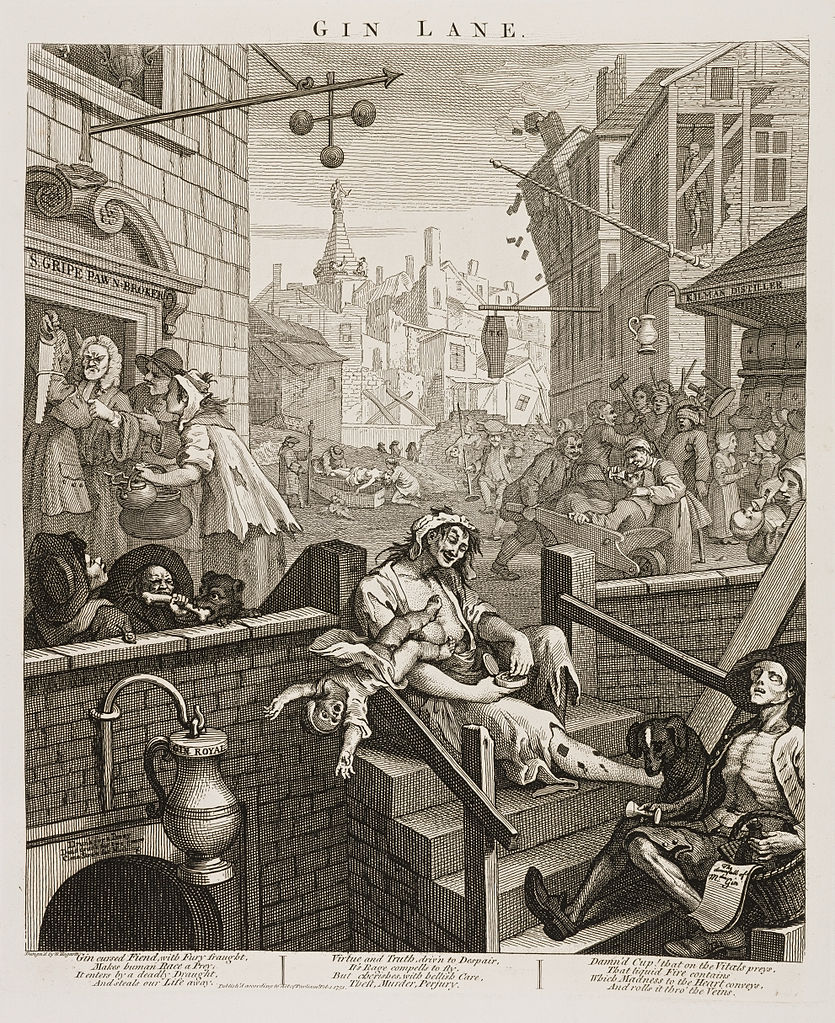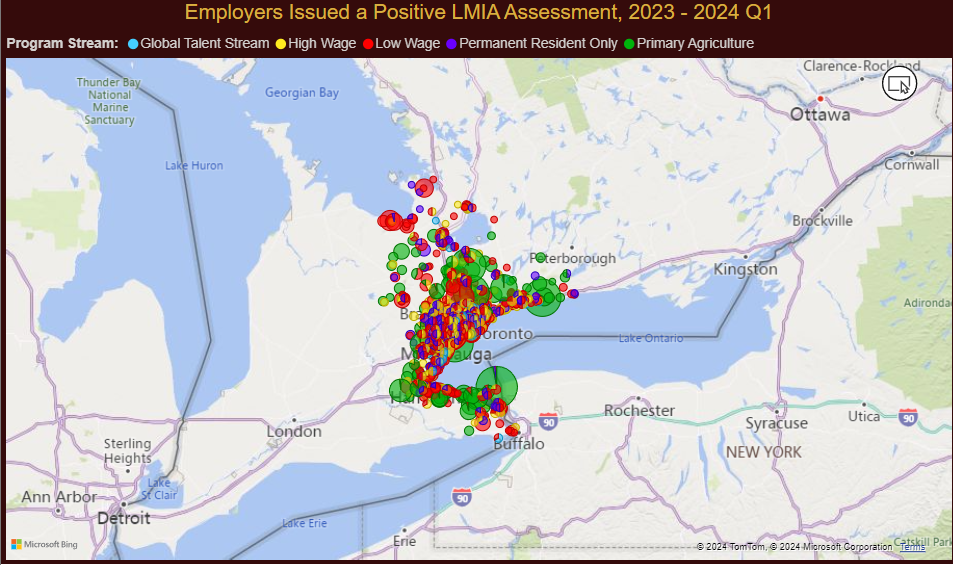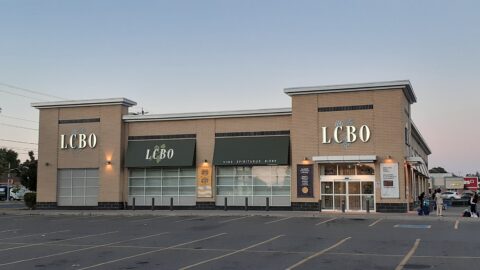Update: The National Post is reporting that Chiang has dropped out of the campaign.
Liberal leader Mark Carney may believe he’s showing something something strength and something something compassion by allowing Paul Chiang to stay on the ballot as the official Liberal candidate despite the awful optics of the situation:
In the National Post, Anthony Furey says that the decision indicates that Carney values China’s values ahead of Canadian values:
Mark Carney’s mishandling of the Paul Chiang scandal has got to be one of the worst cases of poor judgment in recent Canadian political history. From the moment the story broke, it was a no-brainer that Chiang could not remain as a Liberal MP and as the Liberal candidate in Markham-Unionville.
The fact Carney didn’t immediately do the right thing was a problem. And that he’s now defiant in keeping Chiang on despite several days of significant pushback seriously calls his judgment into question.
On Friday, the civil rights group Toronto Association for Democracy in China broke the scandal on remarks Chiang made about Conservative candidate Joe Tay that appeared in Chinese-language newspaper Ming Pao Toronto.
“To everyone here, you can claim the $1 million bounty (on Joe Tay) if you bring him to Toronto’s Chinese consulate,” Chiang said during an ethnic media conference in January.
Jaws dropped when the news spread. Dozens of human rights groups have already condemned the remarks.
Hong Kong Watch, a human rights advocacy group, wrote in a statement: “It is clear that this is a Parliamentarian suggesting to a broad community that a political opponent be taken against their will and handed over to the custody of a foreign government that has a well-documented history of wrongfully detaining Canadian citizens and using coercion to get Canadian citizens to return to (China).”
[…]
Yet Liberal leader Mark Carney is downplaying it and standing by Chiang.
“The comments were deeply offensive,” Carney said on Monday. “This is a terrible lapse of judgment by Mr. Chiang. He has apologized for those comments.”
If they are that offensive and if Chiang’s judgment is that poor, why keep him on as a member of the team?
Carney was hammered with repeated questions to that effect from the news media but was firm that Chiang would remain as a candidate. He also seems to think that Chiang being a police officer makes the remarks less of an issue, when it clearly makes it a much bigger problem.
“Mr. Chiang is a veteran policeman with more than a quarter century of service to his community,” Carney told the press. “And he will continue his candidacy going forward, having made those apologies very clearly to the individual, to the community and moving forward to serve.”
From the outside, it looks less like Carney is trying to stand up for a member of his party and more as though he’s desperate to hang on to that seat (perhaps Liberal internal polls aren’t quite as rosy in the GTA as the public polls are showing at the moment).
Also on the social media site formerly known as “Twitter”, Dan Knight posts a long note on the situation:
This is no longer just a political scandal — this is a national disgrace. Joe Tay, the Conservative candidate targeted by Paul Chiang’s shocking comments, has now broken his silence — and it’s nothing short of damning.
In his official statement, Tay pulls no punches. He calls Chiang’s words what they are: “threatening public comments … intended to intimidate me”. Not debate. Not disagreement. Intimidation. And Tay makes it crystal clear: “no apology is sufficient”. Why? Because this isn’t some offhand gaffe — this is the exact playbook of the Chinese Communist Party, imported straight into Canadian politics.
Let that sink in. A Canadian MP, standing on Canadian soil, echoed a bounty issued by a hostile foreign regime. And the man targeted — Joe Tay — says it plainly: “Suggesting that people collect a bounty from the Chinese Communist Party to deliver a political opponent to the Chinese Consulate is disgusting and must never be condoned.”
Disgusting — and yet, here we are. Paul Chiang is still in the Liberal fold. Mark Carney, the man who wants to run the country, says nothing. Meanwhile, Tay is left fearing for his safety — already in touch with the RCMP before the public even knew what Chiang had said.
This is the state of Canadian politics under the Liberal machine: where the only people paying a price are the ones speaking out. Where the candidate who exposes foreign interference is the one who needs police protection. And the one who parrots CCP propaganda? He gets to keep his seat.
Even Michael Chong — a guy who knows firsthand what CCP intimidation looks like — is stepping in and asking the obvious question: Why is Paul Chiang still a Liberal candidate?
Chong just posted on X (formerly Twitter) that at least three Canadians have already been coerced into returning to the People’s Republic of China against their will. Against their will. Think about that. Beijing is actively running transnational repression ops on Canadian soil — and now, one of Carney’s own candidates is joking about turning a political opponent over to the CCP for a cash reward. And we’re supposed to believe the Liberals take foreign interference seriously?
Chong’s post includes actual evidence — parliamentary testimony, U.S. indictments, and RCMP-relevant keywords like “United Front”, “overseas station”, and “minutes or less”. In other words, this isn’t conspiracy talk. This is real. It’s happening. And it’s been happening under the Liberals’ watch.
And still, Paul Chiang stays in the race. No suspension. No investigation. Nothing from Carney, the security-cleared savior of the Liberal establishment.
And here’s where the hypocrisy hits terminal velocity.
Remember, Mark Carney has a security clearance. That’s been his whole pitch. That somehow he is more qualified to lead Canada because he has access to classified intelligence. Because he is in the know. He’s the grown-up in the room. The steady technocrat with one foot in the Privy Council and the other in Davos.
Well, here’s a question: What good is a security clearance if your own MPs are acting like a propaganda arm for Beijing?
Because while Mark “Bank of China” Carney sits on his classified briefings, his Liberal MP Paul Chiang is out there, on camera, floating the idea that a Conservative candidate should be delivered to a Chinese consulate to “claim the bounty” placed on his head by the Chinese Communist Party.
Let’s repeat that: A Canadian MP is echoing a CCP-issued bounty, and Carney — the man with all the intelligence, all the briefings, all the supposed national security credentials — says nothing. Not a peep. Not even a token tweet.
So what exactly is that security clearance buying us, Mark? If you’re such an expert on foreign threats, why can’t you recognize one when it’s sitting in your own caucus?
It’s a joke. The entire premise of Carney’s leadership bid is unraveling in real time. He promised Canadians he could stand up to foreign interference — meanwhile, his own candidate in Markham–Unionville is out there sounding like a CCP press secretary. And instead of showing leadership, Carney hides behind talking points, closed-door fundraisers, and his carefully curated media handlers.
Joe Tay is right. This isn’t just about intimidation — it’s about sending a “chilling signal to the entire community”. And the message from Carney is loud and clear: if you’re a threat to the Liberal regime, they’re not just coming for your policies. They’re coming for you.
Security clearance? Please. It’s not leadership if you only speak up when it’s politically convenient. And if Carney won’t condemn this, then he’s not qualified to lead a PTA meeting, let alone a country.

